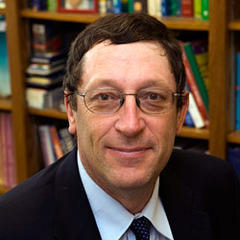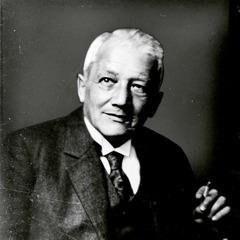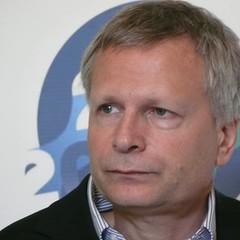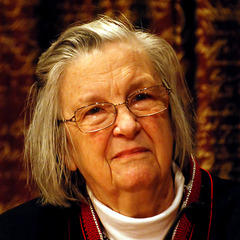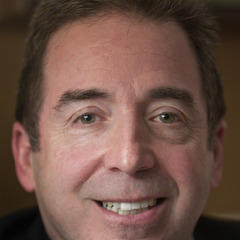Jean-Baptiste Say Quotes - Page 2

Jean Baptiste Say, Charles Robert Prinsep (1857). “A Treatise on Political Economy; Or, The Production, Distribution, and Consumption of Wealth”, p.181
Jean Baptiste Say, Clement Cornell Biddle (1851). “A treatise on political economy”, p.398
Jean Baptiste Say, Charles Robert Prinsep (1857). “A Treatise on Political Economy; Or, The Production, Distribution, and Consumption of Wealth”, p.487
Jean Baptiste Say (1821). “A treatise on political economy; or, The production, distribution, and consumption of wealth. Tr. by C.R. Prinsep, with notes”, p.211
Capital in the hands of a national government forms a part of the gross national capital.
Jean Baptiste Say (1821). “A treatise on political economy; or, The production, distribution, and consumption of wealth. Tr. by C.R. Prinsep, with notes”, p.30
Jean Baptiste Say (1936). “Letters to Thomas Robert Malthus on Political Economy and Stagnation of Commerce”, p.6, Lulu.com
Jean Baptiste Say (1834). “A Treatise on Political Economy: Or, The Production, Distribution, and Consumption of Wealth”, p.458
Jean Baptiste Say (1821). “A treatise on political economy; or, The production, distribution, and consumption of wealth. Tr. by C.R. Prinsep, with notes”, p.157
Jean Baptiste Say (1827). “A treatise on political economy: or, The production, distribution and consumption of wealth”, p.51
Jean Baptiste Say, Clement Cornell Biddle (1851). “A treatise on political economy”, p.159
Jean Baptiste Say, Clement Cornell Biddle (1851). “A treatise on political economy”, p.98
Jean Baptiste Say (1834). “A Treatise on Political Economy: Or, The Production, Distribution, and Consumption of Wealth”, p.217
When war becomes a trade, it benefits, like all other trades, from the division of labour.
Jean Baptiste Say, Charles Robert Prinsep (1857). “A Treatise on Political Economy; Or, The Production, Distribution, and Consumption of Wealth”, p.429
Adam Smith, Jean-Baptiste Say, J.R. McCulloch (2013). “History of Economic Theory: The Selected Writings of Adam Smith, Jean-Baptiste Say, and J.R. McCulloch”, p.132, Coventry House Publishing
Jean Baptiste Say, Charles Robert Prinsep (1857). “A Treatise on Political Economy; Or, The Production, Distribution, and Consumption of Wealth”, p.65
Jean Baptiste Say (1834). “A Treatise on Political Economy: Or, The Production, Distribution, and Consumption of Wealth”, p.440
The quantity of money, which is readily parted with to obtain a thing is called its price.
Jean Baptiste Say, Charles Robert Prinsep (1857). “A Treatise on Political Economy; Or, The Production, Distribution, and Consumption of Wealth”, p.61
Jean Baptiste Say, Clement Cornell Biddle (1851). “A treatise on political economy”, p.69
Jean Baptiste Say (1834). “A Treatise on Political Economy: Or, The Production, Distribution, and Consumption of Wealth”, p.344
Jean Baptiste Say (1834). “A Treatise on Political Economy: Or, The Production, Distribution, and Consumption of Wealth”, p.211
Jean Baptiste Say (1827). “A treatise on political economy: or, The production, distribution and consumption of wealth”, p.23
Jean Baptiste Say (1827). “A treatise on political economy: or, The production, distribution and consumption of wealth”, p.236
Jean Baptiste Say, Charles Robert Prinsep (1857). “A Treatise on Political Economy; Or, The Production, Distribution, and Consumption of Wealth”, p.418

